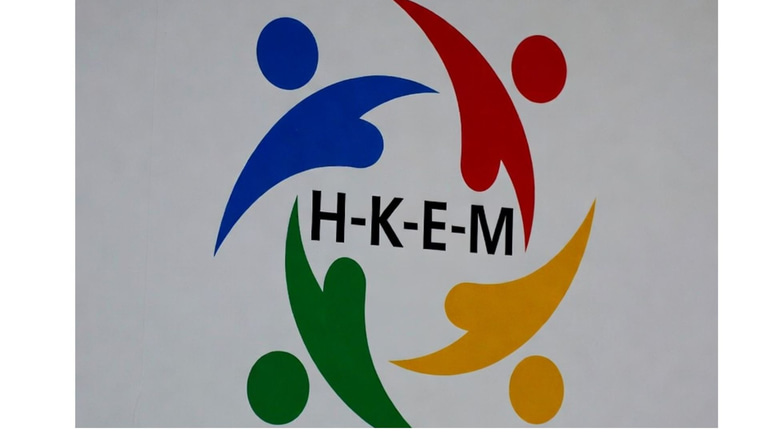
Health is a crown on the heads of the healthy that only the sick can see.
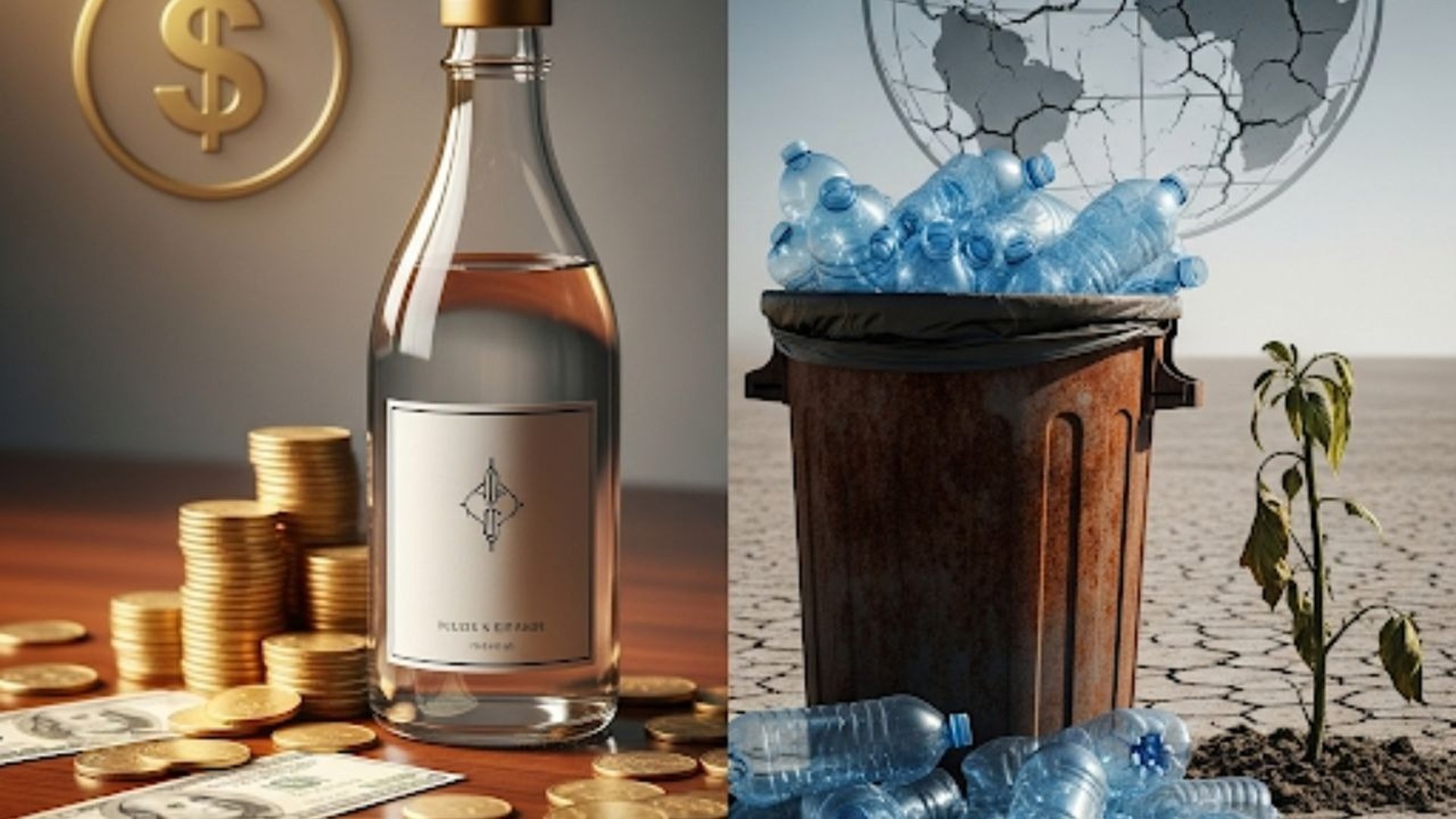
💧📦 Bottled Water: A False Luxury, Modern Necessity, or a Waste of Wealth? 💰🌍
💧📦 Bottled water: luxury, necessity, or waste? Explore its health, environmental, and economic impact—and why it may not be what it seems.
GENERAL
Dr Hassan Al Warraqi
6/8/2025
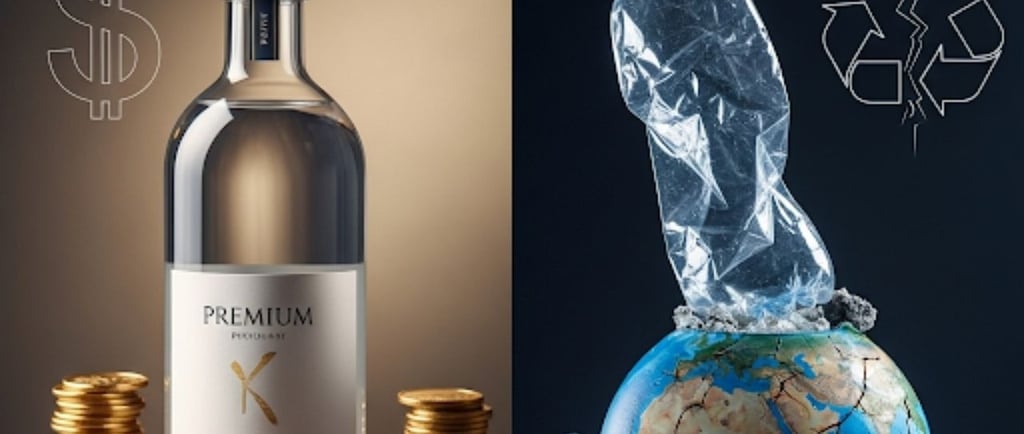

💧📦 Bottled Water: A False Luxury, Modern Necessity, or a Waste of Wealth? 💰🌍
💧📦 Bottled water: luxury, necessity, or waste? Explore its health, environmental, and economic impact—and why it may not be what it seems. h-k-e-m.com. 📦💰🌍
Bottled water has become a common feature of modern life — in homes, offices, gyms, and even restaurants.
While some see it as a modern-day essential for health and convenience, others argue it's a wasteful indulgence with serious environmental and economic costs.
But is bottled water truly a necessity, or just a marketed illusion of purity and health?
In this comprehensive article, we’ll explore bottled water from the health, environmental, economic, and social perspectives — while offering sustainable alternatives that benefit your wallet, well-being, and the planet.
1. Why Has Bottled Water Become So Popular?
Concerns about tap water quality: In many regions, tap water may contain impurities or have an unpleasant taste, pushing people toward bottled alternatives.
Powerful marketing: Bottled water companies promote their products as clean, premium, and health-enhancing.
Convenience: In fast-paced lifestyles, grabbing a bottle on the go is easier than filling one at home.
Brand trust: Global brands and imported water create a perception of higher safety and quality — which may not always be true.
2. Is Bottled Water Actually Cleaner or Safer?
Not always. Research shows that in many cases, filtered tap water can be equal or superior in quality compared to bottled water.
Some bottled waters are just filtered municipal tap water — sold at hundreds of times the cost.
Regulations: In the U.S., for example, bottled water is regulated by the FDA, but not as strictly as tap water, which falls under EPA standards.
✅ Conclusion: Bottled water is not always purer, healthier, or safer.
3. The Hidden Cost: A Massive Economic Waste 💸
A quick comparison:
1 liter of tap water = less than $0.01
1 liter of bottled water = $1 to $3
That means if someone drinks 2 liters of bottled water daily, they could spend over $1,000 a year — versus just $5–10 a year on tap water.
👉 This is a huge personal financial cost, especially when the same quality or better can be achieved at a fraction of the price.
4. Environmental Impact – The Plastic Problem 🌍
Over 1.5 million tons of plastic are used globally each year for water bottles.
Most bottles are not recycled properly and often end up in landfills or oceans.
Each bottle requires energy and water to produce, contributing to a high carbon footprint.
🔁 Sustainable solution: Use reusable bottles and invest in home filtration systems.
5. A Modern Necessity or Just Clever Packaging?
Bottled water can be useful in specific cases:
Emergency situations or natural disasters.
Traveling to areas with questionable water quality.
For people with medical needs (e.g., low sodium content).
But for daily use at home, work, or the gym? The necessity doesn’t hold up to scrutiny — financially, environmentally, or scientifically.
6. Smart Alternatives 💡
Install water filters at home (affordable and effective).
Use stainless steel or glass reusable bottles.
Boil and cool tap water when needed.
Educate communities about eco-friendly hydration practices.
🔚 Conclusion: Awareness is the First Step
Bottled water isn’t inherently evil — but it’s not always better than what's already flowing from your tap.
The smart choice begins by questioning the need, assessing the real value, and exploring sustainable options.
✅ Ask yourself: Do I really need to pay for water in plastic? Or can I adopt a small change that creates a big impact for my health, my wallet, and my planet? 🌱
“Bottled Water: A False Luxury, Modern Necessity, or a Waste of Wealth?”
❓ FAQs About Bottled Water 💧📦
1. Is bottled water healthier than tap water?
Not necessarily. In many developed countries, tap water is held to higher safety standards than bottled water. Some bottled water is simply filtered tap water sold at a premium. Always check the source on the label.
2. Why is bottled water so expensive?
Bottled water includes costs for packaging, branding, transportation, and marketing — not just the water itself. You're often paying hundreds of times more than for tap water, without added benefits.
3. What is the environmental impact of bottled water?
Massive. Bottled water production consumes fossil fuels, water, and energy and contributes significantly to plastic pollution. Millions of bottles end up in landfills and oceans, harming wildlife and ecosystems.
4. Are all plastic water bottles recyclable?
Technically yes, but in practice, only a small percentage is recycled properly. Many bottles are discarded improperly and contribute to global plastic waste.
5. When is bottled water truly necessary?
It may be necessary in:
Emergency situations (natural disasters, contaminated water).
Remote travel (no access to clean water).
Medical conditions (requiring very specific mineral content).
For daily hydration, filtered tap water is usually the smarter choice.
6. Is filtered tap water safe to drink?
Yes — in most regions, filtered tap water is clean, safe, and cost-effective. Using carbon filters, UV purifiers, or reverse osmosis systems can further enhance safety and taste.
7. What are better alternatives to bottled water?
Use a reusable water bottle (stainless steel or BPA-free plastic).
Install a home filtration system.
Carry filtered water in a travel bottle instead of buying bottled water on the go.
8. How can I reduce my reliance on bottled water?
Start by trusting local water sources if they are tested and safe.
Use filter pitchers or install sink filters.
Keep a refillable bottle with you.
Educate others about the environmental and financial impact of bottled water.
9. Is bottled water better for people with weak immune systems?
In some cases, bottled or sterilized water may be advised. However, boiled or filtered tap water can be equally safe. Always consult a doctor if you have a compromised immune system.
10. Does bottled water expire?
Yes, it usually has an expiration date — not because the water goes bad, but due to potential leaching from the plastic bottle over time. Store in a cool, dark place, and avoid drinking from old or heated bottles.
📌 SEO Keywords:
bottled water, tap water vs bottled, environmental impact of bottled water, water filter alternatives, sustainable hydration, plastic waste, health and water, clean water, eco-friendly choices, reusable bottles, water quality, modern necessity or luxury, filtered water benefits, cost of bottled water.
🔹 Author Bio – Dr. Hassan Alwarraqi:
Dr. Hassan Alwarraqi is a medical researcher and environmental health advocate. Through his work on h-k-e-m.com, he investigates the intersection between public health and consumer habits, shedding light on issues like bottled water and its true cost. With a passion for natural living and scientific integrity, Dr. Alwarraqi encourages readers to rethink modern conveniences in favor of sustainable and informed choices.https://h-k-e-m.com/-bottled-water-a-false-luxury-modern-necessity-or-a-waste-of-wealth-

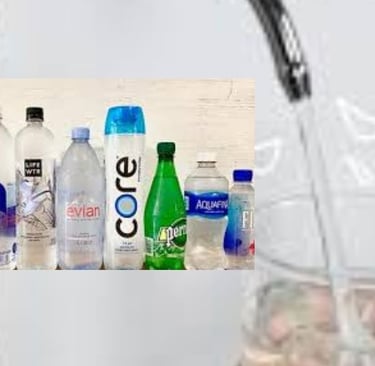
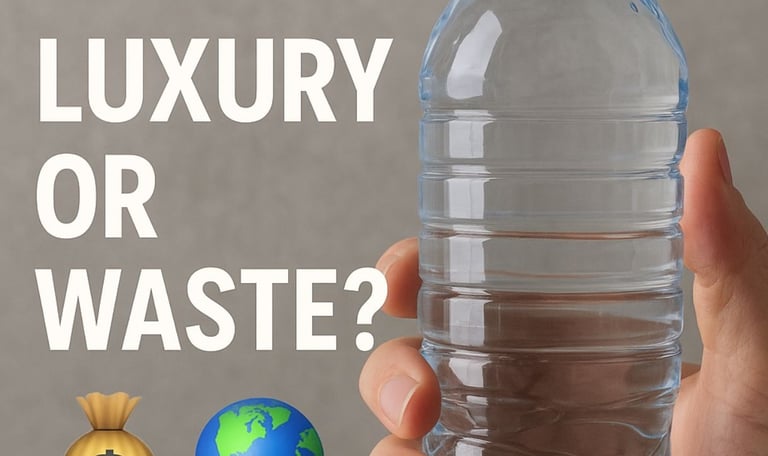

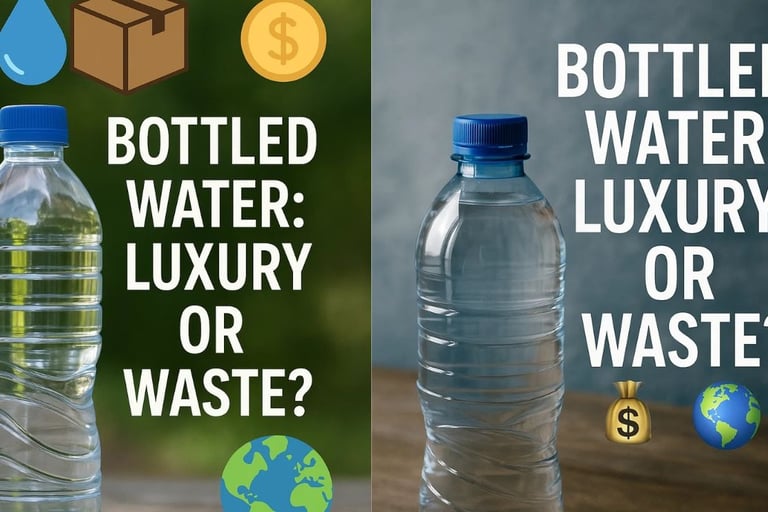

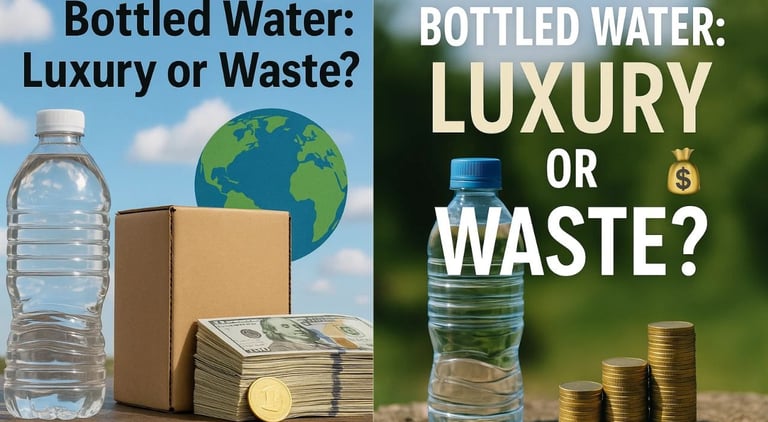


Get in touch
Address
Cairo Al Rehab
Contacts
+20 109 405 2056
hassanalwarraqi@h-k-e-m.com
